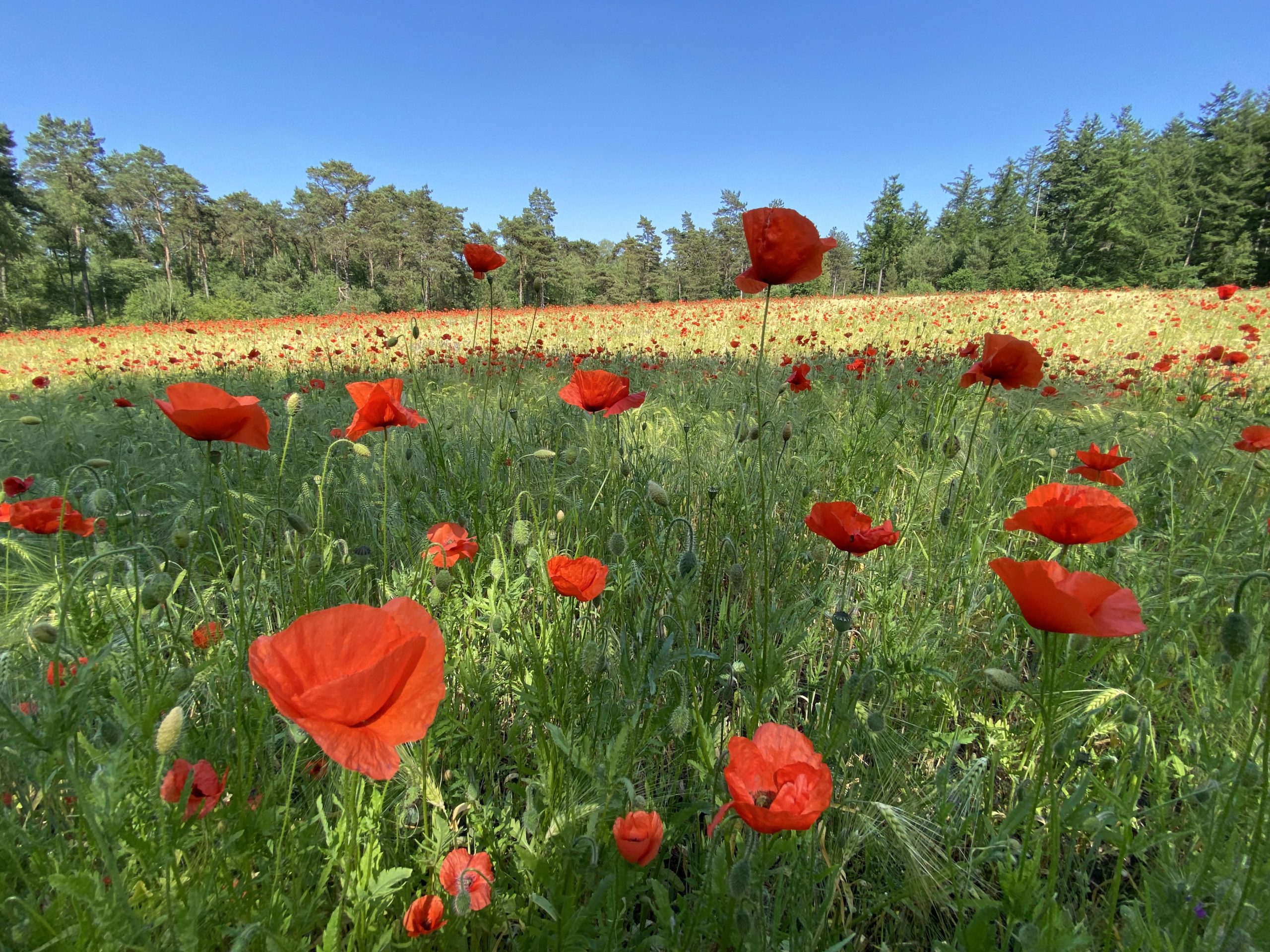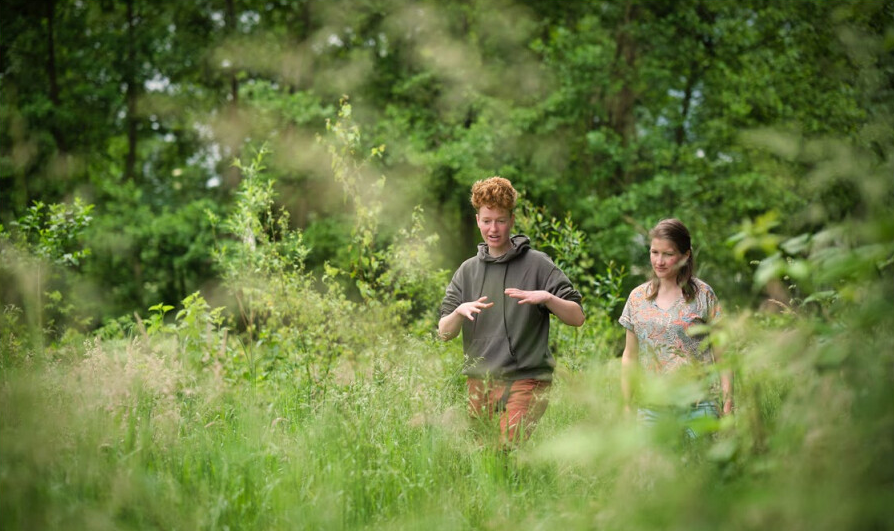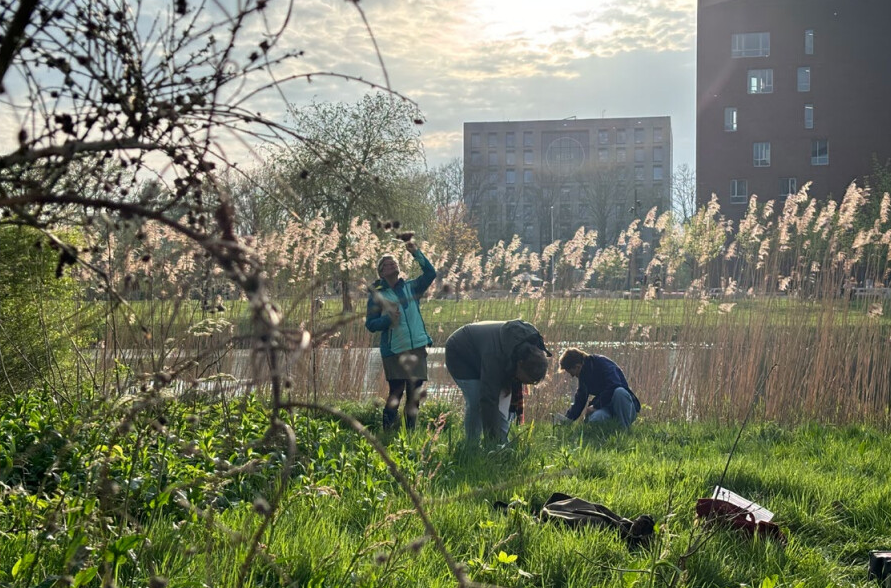An exciting day for the European nature recovery law. Today the proposal was put to a vote. Jeroen Candel, an associate professor of Public Administration and Policy and an active supporter of the law, cleared his calendar to check out the voting in Strasbourg online.
‘A historical vote’, Candel summarises. ‘Which took an altogether different turn than expected by most.’ The vote was not about amendments to the proposal but about a bid to overturn the new law entirely. ‘Normally, political parties that disagree with a proposed law negotiate with the European Committee. Criticism culminating in a call to overturn the proposal is quite unique.’
Draw
The proposal didn’t make it: 44 votes in favour and 44 against. A botched bid to overturn led to a different meeting in the Environmental Commission this morning, where the members voted on compromises suggested for the law that had already been the subject of intense negotiations over the past months. ‘But the commission voted 44-44 on most of the proposed compromises, which means they were rejected. Once again: unprecedented.’ The large attendance also stood out. ‘This shows how important the law is, and how much depends on it’, says Candel. The voting took so much time that it could not be concluded on time.
This dossier has been hijacked by politicians, silencing the voices of scientists
Public Administration Jeroen Candel
Candel and his colleagues were very worried about the political climate surrounding the nature recovery law in recent months. Candel even set up a petition last year, which he handed to the Dutch parliament. This week he joined over three thousand European scientists in an open letter that disproves popular arguments claiming the law imperils food supplies and the economy.
Feeble compromise
As a political scientist, Candel is fascinated. ‘This dossier has been hijacked by politicians, silencing the voices of scientists. Right-wing groups disseminating disinformation this actively brings an almost Trumpian form of politics to the European Parliament’, he says.
For now, we have to wait for a continuation of the voting in the Environmental Commission on 27 June. The proposal is to be presented to the entire Euro parliament in July, after which the member states and parliament must reach a compromise. Candel has mixed feelings. ‘I am happy the law wasn’t rejected, but at the same time, I fear it will culminate in a compromise that holds little benefit for biodiversity.’

 Photo Resource.
Photo Resource. 

